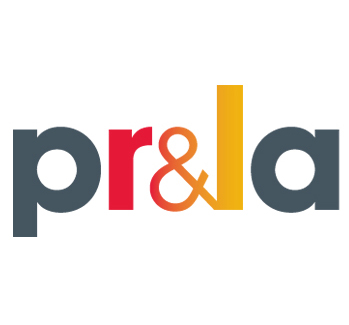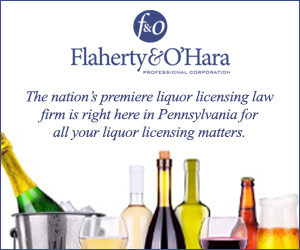The Telephone Consumer Protection Act (TCPA) is a federal statute that regulates the use of Automatic Telephone Dialing Systems (ATDS). The TCPA defines the term “automatic telephone dialing system” as “equipment which has the capacity—(A) to store or produce telephone numbers to be called, using a random or sequential number generator; and (B) to dial such numbers.” In addition to phone calls, the FCC and courts have determined that text messages constitute “making a call” and falls within the scope of the TCPA.
As technology has evolved, the FCC issued a Declaratory Ruling and Order and attempted to clarify the definition of ATDS to include any device that did or had the potential to store or produce telephone numbers to be called, using a random or sequential number generator. However, this order complicated things and the D.C. Circuit Court struck the Order down and declared that it too broad. Since then, courts around the country have been split on what constitutes an ATDS. As for how Pennsylvania and its Federal Court’s determine what is a ATDS, a recent decision made by the Western District of Pennsylvania in Smith v. Navient Solutions, LLC,(1) made it clear that under the earlier decision in Dominguez v. Yahoo Inc.,(2) a “predictive dialer” is not per se an ATDS under the TCPA and that the dialer must have the present capacity to generate numbers and dial them without human intervention.
When it comes to text messages, the type of consent required depends on the content of the message. If the text message “includes or introduces an advertisement or constitutes telemarketing,” the sender is required to obtain “prior express written consent” of the recipient.(3) To constitute advertising, the text message must contain “material advertising the commercial availability or quality of any property, goods, or services.”(4) To constitute telemarketing, the text message must be “for the purpose of encouraging the purchase or rental of, or investment in, property, goods, or services.”(5) If the text message does not contain advertising and is not telemarketing, the requirements for prior express consent are less stringent. A consumer must only “knowingly” agree to receive such messages by providing his phone number for the reasons served by the message (i.e., to transact the business contemplated when the recipient provided his number).
An important case for hotels that text customers regarding reservations was decided in December 2018 in the Northern District of California. In An Phan v. Agoda Company PTE. LTD.,6 the Plaintiff received a text message confirming a reservation made online and encouraging the Plaintiff to download the company’s cellular phone application should he need to modify the reservation. Importantly, the Plaintiff voluntarily provided his cell phone number at the time of making the reservation and agreed to the terms and conditions which included acknowledging that text messages may be sent to the number provided. The court determined that the text message was not advertising nor telemarketing, but rather, a continuation of the ongoing transaction. The Court quotes an FCC Order that states that texts “whose purpose is to facilitate, complete, or confirm a commercial transaction that the recipient has previously agreed to enter into with the sender are not advertisements,” and therefore do not require written consent. The Court held that the Plaintiff consented to this type of text message by providing his phone number to the company at the time of registration and consenting the terms and agreements. The Court distinguishes this type of text from those that advertise an application and encourage that the consumer download the application to take advantage of services not yet purchased as well as those texts soliciting visits to websites that promote services. Because of the lack of clarity in the law, service industry professionals should take caution while corresponding to customers or potential customers. •

If you have any questions concerning this or other legal issues, please contact Stan L. Tinter (717-763-1121; stinter@shumakerwilliams.com) at Shumaker Williams, P.C., PRLA’s General Counsel.
- 2019 U.S. Dist. LEXIS 131231 (W.D. Pa. Aug. 4, 2019).
- 894 F.3d 116 (3d Cir. 2018).
- 47 C.F.R. at §§ 64.1200(a)(1) and (2).
- 47 C.F.R. § 64.1200(f)(1).
- 47 C.F.R. § 64.1200(f)(12).The TCPA does provide an exception to this rule for those with an “established business relationship” with the consumer in regards to facsimile messages ONLY.
- 351 F.Supp.3d 1257 (N.D. Cal. 2018).








